Menopausal women are likely to experience some disturbing symptoms like hot flashes, insomnia, dryness, moodiness and more. Here's how you can get relief from them naturally.

Menopause can begin during the late 40s or early 50s and can last for a few years
HIGHLIGHTS
- Menopause marks the end of a womans cycles and fertility
- Weight gain during menopause is normal
- Eating proteins throughout the day can decrease muscle loss due to age
Menopause marks the end of a woman's cycles and fertility. Just like the onset of periods, menopause is also a landmark phase in a woman's life. Menopause can begin during the late 40s or early 50s and can last for a few years. And this phase, just like the first period, is not pleasant in any way. While some women may go through this period without much disturbance, others may have to go through a rough phase. This period could be characterized by hot flashes, insomnia, dryness, moodiness and more.
Menopausal women are likely to experience some disturbing symptoms. These include:
- Hot flashes
- Vaginal dryness
- Painful sex
- Mood swings
- Lack of sleep
- Hormonal changes
- Night sweats
- Fatigue
- Frequent urination
- Changes in periods
This period is when women are more prone to diseases like diabetes, heart problems, osteoporosis and obesity. While most women reach out to doctor for help, some turn to home remedies. In this article, we shall focus on the natural remedies for menopausal symptoms.
Also read: What Is Perimenopause? Our Expert Dr Rita Bakshi Tell Us All About It
Here are 7 best natural remedies which can help you get relief from menopausal symptoms. Take a look.
1. Eat calcium and vitamin D foods
Hormonal changes during menopause can have some effect on your bones. It exposes you to a great risk of osteoporosis. To prevent this from happening, eat foods rich in calcium and vitamin D. These two nutrients are essential for bone health. Increasing vitamin D intake during menopause can lower the risk of fractures. Include more dairy products in your diet like milk, paneer, yogurt and cheese. You should also increase your intake of kale, collard, broccoli, spinach, tofu, beans, etc. These are all vitamin D rich foods.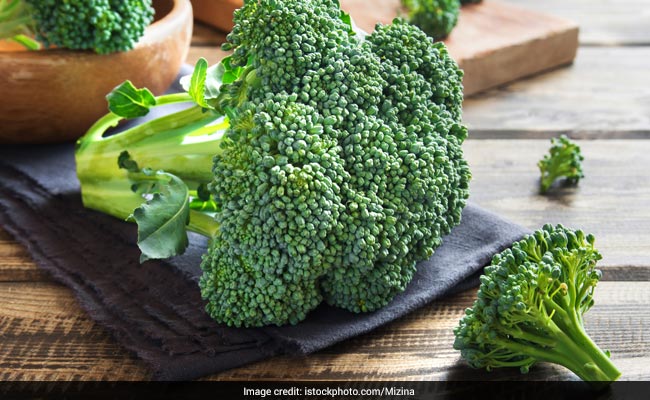 Menopause symptoms: Eat foods rich in vitamin D and calcium
Menopause symptoms: Eat foods rich in vitamin D and calcium
Also read: Did You Know Men Too Go Through Menopause? Know All About The Male Menopause
2. Aim for a healthy body weight
Weight gain during menopause is normal. It could be due to genetics, age, hormones or lifestyle. Women are more likely to gain belly fat during this time. This could increase the risk of heart diseases and diabetes. Weight gain during menopause can worsen its symptoms. Try to lose weight and aim for a healthy BMI.
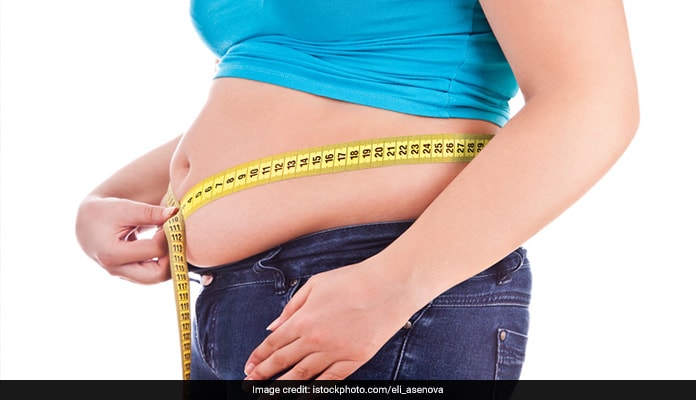 Menopause symptoms: Try to maintain a healthy BMI
Menopause symptoms: Try to maintain a healthy BMI3. Eat more fruits and vegetables
A diet rich in fruits and vegetables is the best way to ensure that your body gets good nutrition. Fruits and veggies are a great way to stay healthy and lose weight at the same time. All-in-all, a diet rich in fruits and vegetables can keep your bones healthy, help you maintain a healthy BMI and keep heart diseases at bay.
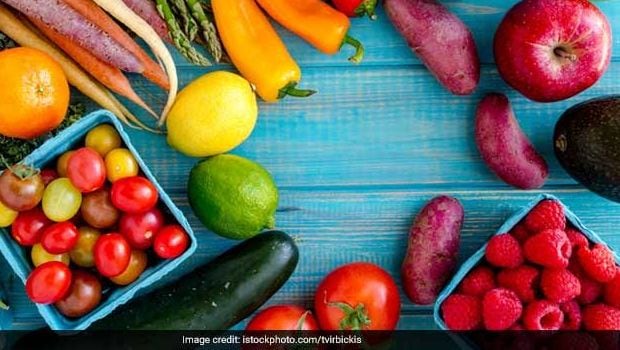 Menopause symptoms: Eat more veggies
Menopause symptoms: Eat more veggies4. Avoid foods which trigger menopausal symptoms
Some foods can trigger menopausal symptoms. These symptoms could be night sweats, hot flashes, and mood swings. These foods include alcohol, caffeine and other spicy foods. The symptoms are worse when they are consumed at night. If you feel the same due to any other food, try giving it up for a while and see if the symptoms have reduced.
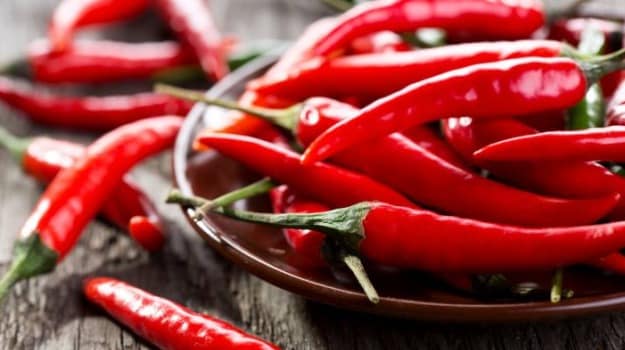 Menopause symptoms: Avoid spicy food
Menopause symptoms: Avoid spicy foodPhoto Credit: iStock
5. Don't skip meals
It is not just the foods you eat, being regular with meals also matters. Eating regular meals can keep menopausal symptoms in check. If you are not very regular with your meals, symptoms are likely to get worse. It can also hamper weight loss efforts, thereby making situations worse for you.
Also read: Is it normal to bleed after menopause?
6. Eat more protein
You are likely to lose lean muscle mass with age. To prevent this from happening, eat proteins regularly. According to a study, eating proteins throughout the day can decrease muscle loss due to age. This form of diet also induces weight loss because it keeps you full for longer and reduces your calorie intake. Over time, it helps you lose weight.
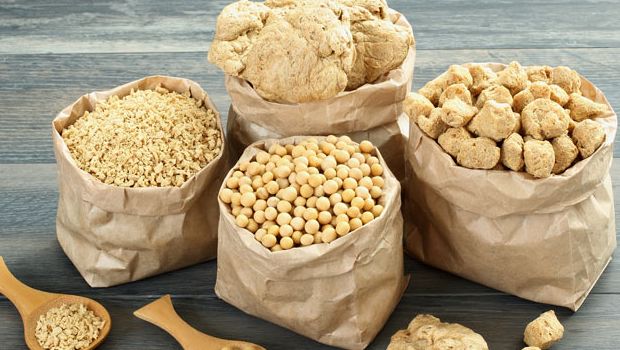 Menopause symptoms: Eat more proteins
Menopause symptoms: Eat more proteinsPhoto Credit: iStock
Also read: Menopause? Here's How You Can Cope With Hot Flashes
7. Eat foods rich in phytoestrogens
When we say phytoestrogens, we refer to foods which mimic the effects of the female hormone, estrogen. This helps in balancing the hormones. These foods include tofu, tempeh, flaxseeds, sesame seeds and beans. Go for whole foods instead of supplements and processed sources of phytoestrogens. A study revealed that a diet rich in soy lowered the severity of night sweats and hot flashes among menopausal women or those who are entering menopause.
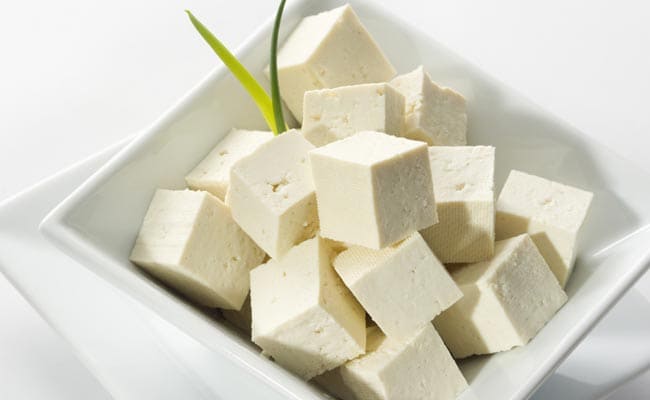 Menopause symptoms: Eat more tofu
Menopause symptoms: Eat more tofu
Photo Credit: iStock
Disclaimer: This content including advice provides generic information only. It is in no way a substitute for qualified medical opinion. Always consult a specialist or your own doctor for more information. NDTV does not claim responsibility for this information.
DoctorNDTV is the one stop site for all your health needs providing the most credible health information, health news and tips with expert advice on healthy living, diet plans, informative videos etc. You can get the most relevant and accurate info you need about health problems like diabetes, cancer, pregnancy, HIV and AIDS, weight loss and many other lifestyle diseases. We have a panel of over 350 experts who help us develop content by giving their valuable inputs and bringing to us the latest in the world of healthcare.














